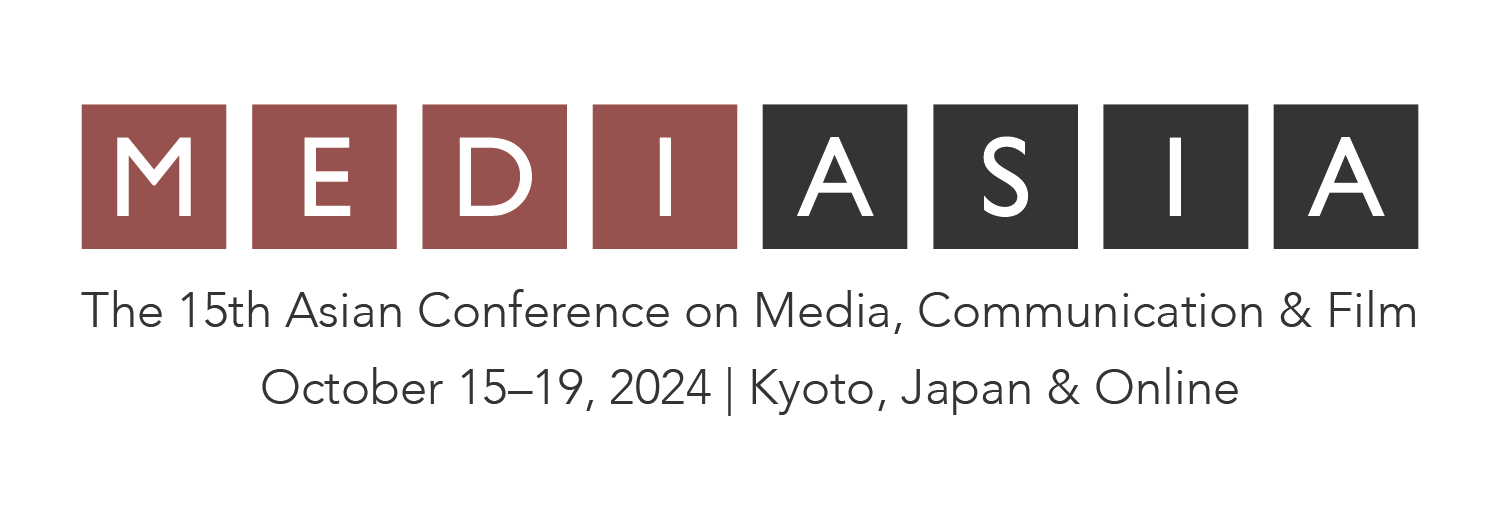The Psychological Impacts of Engagement in K-pop Fandom Activities: Artist and Fandom Identification, Loneliness, and Depression (86640)
Wednesday, 16 October 2024 16:00
Session: Poster Session
Room: Atrium
Presentation Type:Poster Presentation
With the international success of K-pop artists like BTS and BLACKPINK, K-pop has become a global phenomenon, largely due to digital platforms and social media. These platforms enable information sharing, content reproduction, and direct communication among fans, blurring boundaries between artists and their global audience. Unlike local Korean fans, international fans primarily use digital platforms to engage with K-pop, forming online fandoms. This study explores the psychological impacts of K-pop fandom activities, focusing on identification with artists/fandoms, loneliness, and depression. Social media plays a crucial role in fostering cultural sentiment and forming collective communities known as fandoms. These communities create psychological bonds among members. Social media interactions within these fandoms enhance social skills, facilitate K-pop content consumption and creation, and shape relationships within online communities. Platforms like Weibo in China promote acceptance of the K-wave and foster a sense of belonging among fans. According to Social Identity Theory, group affiliations lead to positive psychological outcomes like self-esteem. This study hypothesizes that active fandom engagement reduces loneliness and depression and enhances identification with artists/fandoms. An online survey on Weibo collected 331 valid responses, primarily from young female fans. Results showed that active engagement positively influenced identification and reduced loneliness but did not significantly affect depression. This suggests that identification and loneliness are influenced by social connections, while depression remains an internal condition. In conclusion, K-pop fandom activities on social media positively impact relationship-related psychological conditions, highlighting the role of social media in shaping modern entertainment culture. Future studies should expand across.
Authors:
Miran Pyun, Seoul National University, South Korea
Lu Fang, Yonsei University, South Korea
Yunjin Pi, Yonsei University, South Korea
About the Presenter(s)
Miran Pyun (Ph.D.) is a postdoctoral researcher at Seoul National University, South Korea.
See this presentation on the full schedule – Wednesday Schedule





Comments
Powered by WP LinkPress